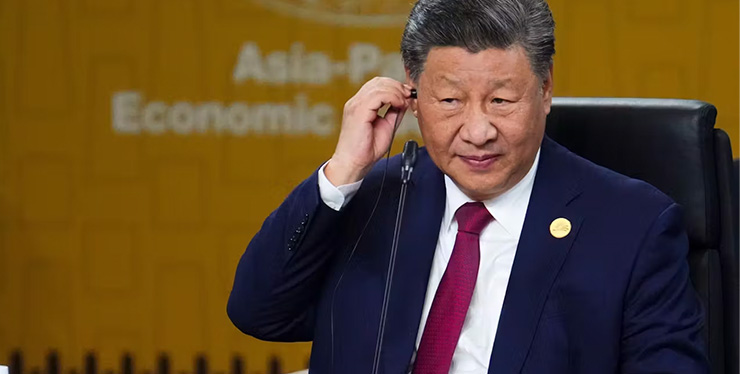Leading in turbulent times webinar series: Corporate strategy and economic downturns

COVID-19 has created an economic crisis that will outlast 2020. But this isn’t the first time in recent history that such a downturn has occurred. How can companies navigate the unforeseeable future, and the next few months in particular?
This webinar features Patrick Reinmoeller, IMD Professor of Strategy and Innovation, and Goutam Challagalla, IMD Professor of Strategy and Marketing, who take a look into the past, present and future of corporate strategy. They provide several examples of companies that braved an economic downturn and made it out safely to the other side.
Professors Reinmoeller and Challagalla discuss their three key of the current crisis: mindset matters – companies must stay positive to see new opportunities on the playing field; leverage the lockdown – companies must use this new situation to change their playbook; and rewrite the rules – companies must rethink their strategy to achieve the end goal.
Businesses can struggle even in good economic times, so surviving the total upheaval caused by the coronavirus won’t be child’s play. The professors have created a framework that will result in four different approaches.
By deciding between a “defense”, “offense” or “hybrid” focus, a company can secure its financial future and remain resilient.
“Very often successful companies can be a hybrid of the two – some cost-cutting defensive moves are necessary, combined with increased investment,” says Challagalla. “Those that focus heavily on one or the other tend not to do as well.”
The experts call their next dimension for success “digital imitation” versus digital “digital imagination”.
“Business continuity requires that firms use digital resources to improvise and use their imagination to come up with operational fixes,” says Reinmoeller. “This will help them to defend their position in their sectors.”
“Forecasting is our best friend,” says Challagalla. “There are lots of uncertainties at the moment, but preparation for different scenarios is crucial.”
By learning from the past and using this four-scenario matrix, companies can develop a corporate strategy that fosters resilience and scores them the ultimate goal – survival.
To view all webinars, please visit our Leading in Turbulent Times page here.
Research Information & Knowledge Hub for additional information on IMD publications
This paper presents a compact and intuitive framework that consolidates, simplifies, and extends results on the links between technology, trade, and labour market outcomes. It makes three main contributions. First, it presents closed-form solution...

As uncertainty grows, organizations must rethink how they navigate a volatile world. Rather than relying solely on scenario planning based on historical data, organizations could take a more proactive approach—imagining and shaping distant futures...

The colossal wave of downsizing in the last few years is dividing the workplace in two, between the leavers and the survivors. Business has traditionally emphasized the consequences of downsizing on the leavers, sometimes putting in place severanc...

This article examines four critical governance failures in boards: risk management, strategic oversight, executive and non-executive relationships, and integrity. It advocates for a shift in the role of boards from reactive oversight to proactive ...
BARCELONA, JANUARY 2023. What started in 2016 as a humble entrepreneurial attempt to contribute to a more sustainable future had turned into a solid eyewear brand present in major Western markets. François van den Abeele was even more excited by t...

Within days of Donald Trump’s election win in November 2024, China’s president Xi Jinping was at a ceremony opening a deep-water port in Peru as part of a “diplomatic blitz” through Latin America. Xi’s presence was a symbol of China’s rising influ...
Research Information & Knowledge Hub for additional information on IMD publications
in Journal of International Economics 23 February 2025, ePub before print, 104065, https://doi.org/10.1016/j.jinteco.2025.104065
Research Information & Knowledge Hub for additional information on IMD publications
Case reference: IMD-7-2636 ©2025
Research Information & Knowledge Hub for additional information on IMD publications
in Forbes.com 20 February 2025
Research Information & Knowledge Hub for additional information on IMD publications
Research Information & Knowledge Hub for additional information on IMD publications
Research Information & Knowledge Hub for additional information on IMD publications
Research Information & Knowledge Hub for additional information on IMD publications
Research Information & Knowledge Hub for additional information on IMD publications
Research Information & Knowledge Hub for additional information on IMD publications
in The Conversation 9 January 2025
Research Information & Knowledge Hub for additional information on IMD publications





